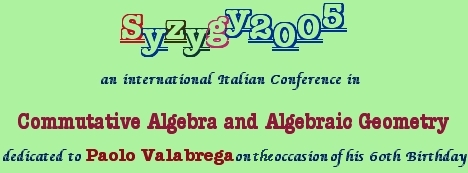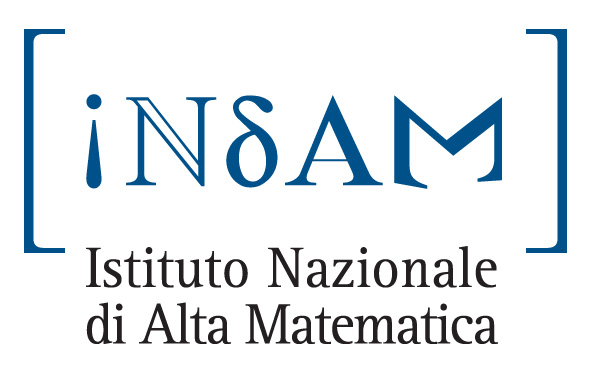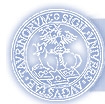
Politecnico di Torino


Scientific Committee
Luca Chiantini (Siena)
Margherita Roggero (Torino)
Paolo Salmon (Bologna)
Local Organizing Committee
Giannina Beccari
Riccardo Camerlo
Enrico Carlini
Jorge Cordovez
Caterina Cumino
Raffaella Di Nardo
Antonio José Di Scala
Letterio Gatto
Carla Massaza
Luca Motto-Ros
Jacobo Pejsachowicz
Simon Salamon
Taíse Santiago
Giulio Tedeschi
Mario Valenzano
![]()
Abstracts
(for the abstracts click on the
linked titles, if any) (D. Buchsbaum) The idea is to note the
various ways it has helped to look for or
at complexes that may or may not be
resolutions of significant modules.
Another way to say this is that we're
looking at resolutions or complexes with
appropriate grade-sensitivity or other
useful properties. Among the complexes
looked at will be the generalized Koszul
complex, resolutions of determinantal
ideals and resolutions of Weyl modules.
(R. Hartshorne) The title describes a
fruitful interaction between algebra and
geometry, which has been useful recently
in studying the notion of Gorenstein
liaison.
In this talk I will
report on joint work with M.V. Catalisano
and A.Gimigliano concerning the dimensions
of the Higher Secant Varieties of the
Segre Varieties. This area of research is
filled with open problems and interesting
theorems and I would like to explain some
of the work that has been done to try and
"clear the debris".
(E. Gover) We review some results
based on Poincare' series formulas that
give upper bounds for Betti numbers of
finitely generated modules over local
rings.
(R. Miró-Roig)
(M. Manaresi)
(S. Nollet) It is not yet known
whether the Hilbert scheme Hd,g
of locally Cohen-Macaulay space curves of
degree d and genus g is
connected. I will discuss the current
state of this problem. I'll then describe
the irreducible components of
H4,g and explain some of the
techniques used to show that these Hilbert
schemes are connected, including
deformations on the doubling of a smooth
surface.
(A. P. Rao) Generalized quadrics
are hypersurfaces whose equations resemble
that of a usual quadric hypersurface,
except that the regular sequence of linear
forms is replaced by a regular sequence of
forms of other degrees. Such hypersurfaces
have been used in characteristic p
constructions of low rank bundles on
projective four and five space. We study
such hypersurfaces in characteristic zero
and show that they must always be reduced.
Hence analogous constructions of vector
bundles in characteristic zero cannot be
done. This is joint work with Mohan Kumar
and Ravindra.
(G. Valla) The
notion of Koszulness is a remarkable
refinement of the property of a graded
algebra to be non degenerate and defined
by quadratic relations. The homogeneuos
coordinate algebra of a non-degenerate
projectively normal variety X is Koszul
iff the same is true for a hyperplane
section of X. Because of this one can
often reduce the question of Koszulness of
a homogeneous coordinate algebra of X to
that of a finite set of points. Thus, it
is important to know which configurations
of points are Koszul. More generally one
can ask when the defining ideal of X has a
Groebnerbases of quadrics in some
coordinate system and with respect to some
term order. It is
well known that if such a Groebner bases
exists, then the algebra is Koszul and
this implication is generally strict. I
will discuss some results and many
problems related to this circle of
ideas.
Download here the 1st Announcement(in
.pdf)
Maximal
Cohen-Macaulay modules, Arithmetically
Cohen-Macaulay sheaves, and Arithmetically
Gorenstein subschemes
Secant
Varieties of Segre
Varieties
Some
minimal resolutions, maximal
Poincaré series, and increasing
Betti numbers
Dimension
of families of Determinants
Schemes
Generic
projection and intersection cycles
Connectedness
in Hilbert schemes of space
curves
Properties
of generalized quadrics
Koszul
algebras: Some results and many
problems.



